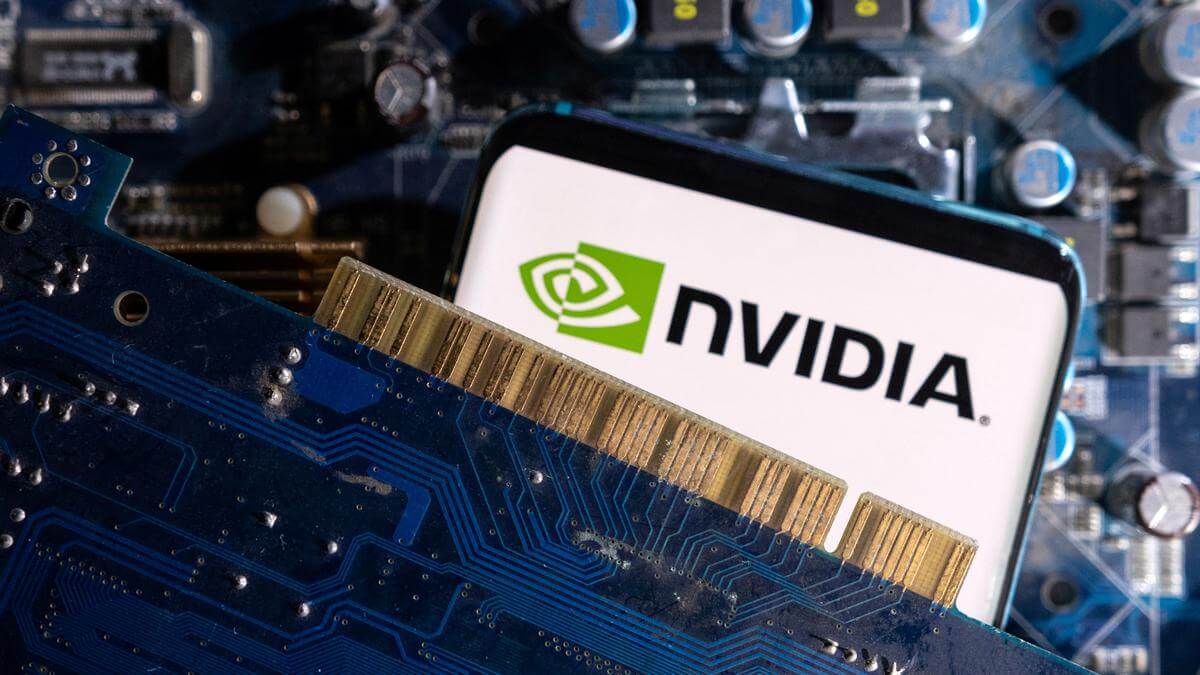On August 9, a Reuters report highlighted a noteworthy development in China’s technology landscape, indicating that the country’s prominent internet giants are swiftly engaging in substantial purchases of high-performance Nvidia chips, a crucial component in the construction of advanced generative artificial intelligence (AI) systems. The Financial Times detailed these transactions, revealing that companies such as Baidu, ByteDance (known for its ownership of TikTok), Tencent, and Alibaba have collectively committed to orders amounting to $5 billion. This investment is primarily centered around procuring around 100,000 A800 processors from Nvidia, a prominent American chipmaker, with the deliveries scheduled for the current year. These revelations were sourced from individuals with insider knowledge of the situation.
The entities mentioned have also reportedly secured an additional $4 billion worth of graphics processing units (GPUs), anticipated to be delivered in the year 2024, as reported by the Financial Times. While a spokesperson for Nvidia declined to provide detailed insights into the report, they acknowledged that consumer internet companies and cloud service providers regularly invest substantial sums in data center components, often placing their orders months ahead of time to ensure seamless operations.
The context surrounding these developments is interestingly intertwined with global trade dynamics and regulatory measures. In October of the preceding year, the Biden administration initiated a comprehensive series of regulations intended to halt China’s semiconductor industry’s progress, aiming to maintain the status quo while simultaneously funneling considerable financial incentives into the domestic chip sector in the United States. This directive was intended to mitigate the perceived risks associated with the rapid advancement of China’s technological capabilities.
Nvidia’s involvement in the situation stems from its decision to introduce the A800 processor into the Chinese market as a response to export control regulations. These regulations followed a request from U.S. officials, urging the company to discontinue the export of its top two computing chips to China for use in AI-related endeavors.
Coinciding with these events, on the same day, President Biden signed an executive order that specifically targets certain U.S. investments in sensitive technology areas in China. This directive is aimed at safeguarding sensitive technology and ensuring its controlled transfer to foreign entities. The scope of the executive order underscores the intricate web of considerations at play in the global technology landscape.
In June, Nvidia’s Chief Financial Officer (CFO) expressed concerns regarding potential restrictions on AI chip exports to China, emphasizing that such limitations could result in a lasting loss of opportunities for the U.S. industry. However, the company remained cautiously optimistic about the immediate impact of these restrictions on its operations.
At the time of reporting, Baidu, ByteDance, Tencent, and Alibaba had not responded to requests from Reuters for comments, underscoring the sensitivity and complexity of the matter. The evolving dynamics between global technology players, regulatory decisions, and the intricate supply chain of critical components collectively paint a vivid picture of the current state of affairs in the tech industry.





